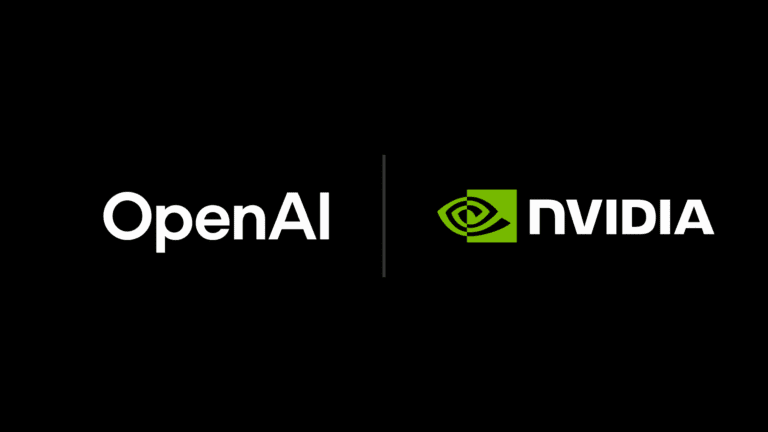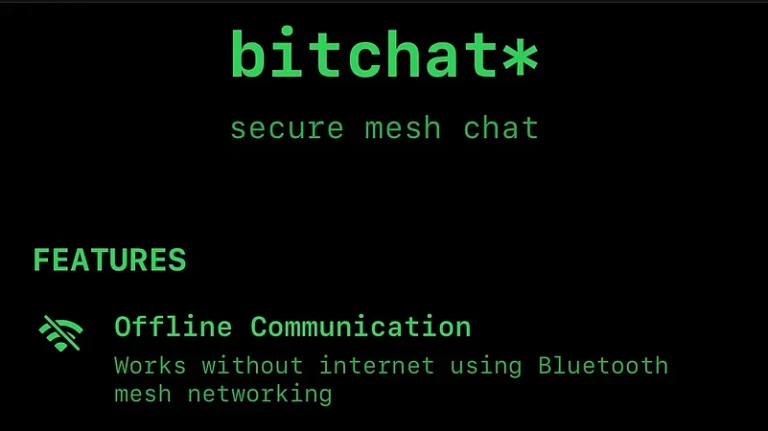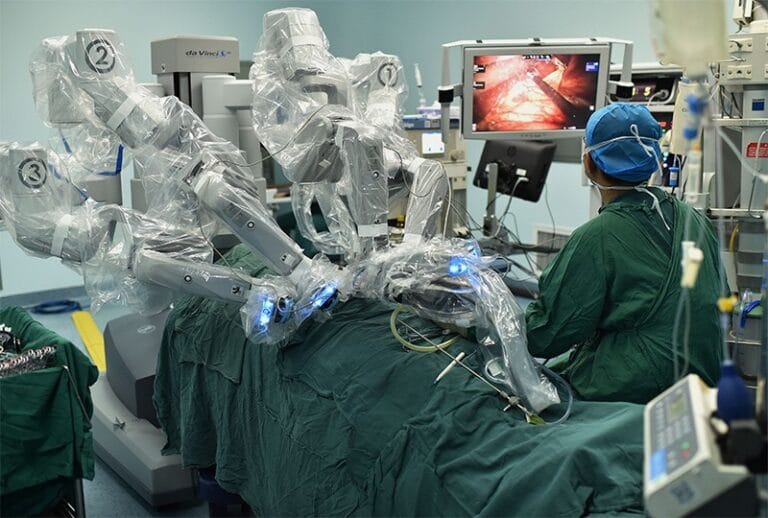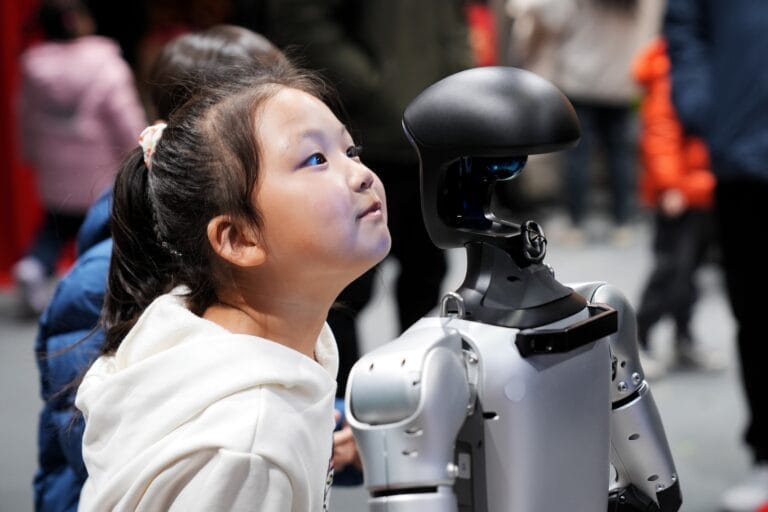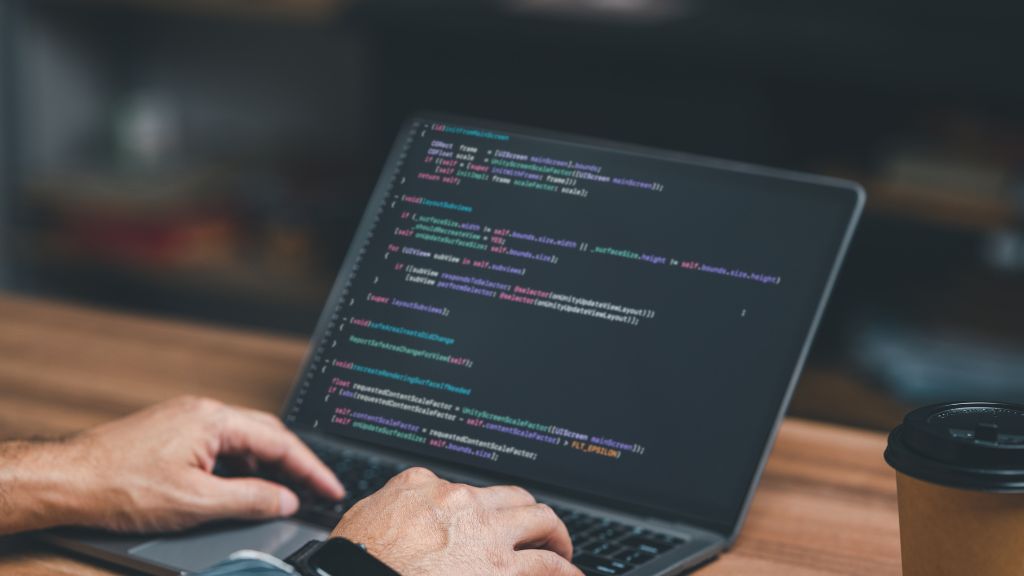
In the rapidly evolving landscape of technology, where artificial intelligence (AI) and automation are becoming integral, the future of coding jobs is a topic of significant interest and some concern. Here’s an exploration of what the future might hold for developers and coders in this new era.
The Transformation, Not the End of Coding
The narrative around AI and automation often swings between utopian visions of efficiency and dystopian fears of job loss. However, the reality seems to be more nuanced:
- AI as a Tool, Not a Replacement: AI tools like GitHub Copilot, TensorFlow, and various machine learning frameworks are enhancing productivity rather than outright replacing human coders. These tools automate repetitive tasks, allowing developers to focus on more complex problem-solving and innovation. The essence of coding, which involves creativity, logical reasoning, and understanding human needs, remains a very human skill.
- New Roles Emerge: While some traditional coding tasks might become automated, new roles are emerging. Jobs like AI ethics specialists, AI system architects, or AI-enhanced product managers are becoming prevalent. These roles require a deep understanding of AI but also emphasize human-centric skills like ethics, strategic thinking, and user experience design.
- Education and Upskilling: There’s a growing trend towards continuous learning. Developers are not just learning new programming languages but are also delving into AI, machine learning, and data science. Educational institutions and online platforms are responding by offering specialized courses that blend traditional coding with AI technologies.
The Job Market Outlook
- Demand for Specialized Skills: The World Economic Forum has noted a significant rise in demand for AI and machine learning specialists, with a 40% increase expected by 2027. This indicates a shift towards jobs that not only write code but also understand and leverage AI to solve industry-specific problems.
- Quality Over Quantity: As AI can generate vast amounts of code, the focus shifts from writing code to ensuring its quality. Developers will increasingly be tasked with reviewing AI-generated code for efficiency, security, and alignment with business objectives.
- Cross-Disciplinary Teams: The future will likely see more integration of roles where developers work alongside data scientists, UX designers, and business analysts. This collaborative approach will drive innovation, requiring developers to have a broader skill set, including project management and cross-functional communication.
Challenges and Opportunities
- Navigating Job Displacement: There’s a real concern about job displacement, especially for entry-level coding positions. However, history shows that technology often creates new job categories even as it eliminates others. For instance, the rise of smartphones led to new professions in app development.
- Increased Accessibility: AI tools democratize programming to some extent, allowing more people to contribute to software development. This could lead to a surge in indie developers or small teams leveraging AI to create niche products.
- Ethical and Legal Considerations: As AI systems take on more autonomous roles in coding, issues around copyright, accountability, and ethical use of AI will become more prominent. Coders will need to navigate these waters, possibly leading to new career paths in AI ethics or compliance.
Conclusion
The future of coding jobs in the world of AI and automation isn’t about the disappearance of coding roles but their transformation. Coders are adapting by learning to work with AI, focusing on higher-level tasks, and engaging in more interdisciplinary work. The key for current and aspiring coders is to embrace agility, lifelong learning, and a broader perspective on technology’s role in society. As AI continues to evolve, so too will the opportunities for those who can blend technical prowess with innovative thinking and human insight.
